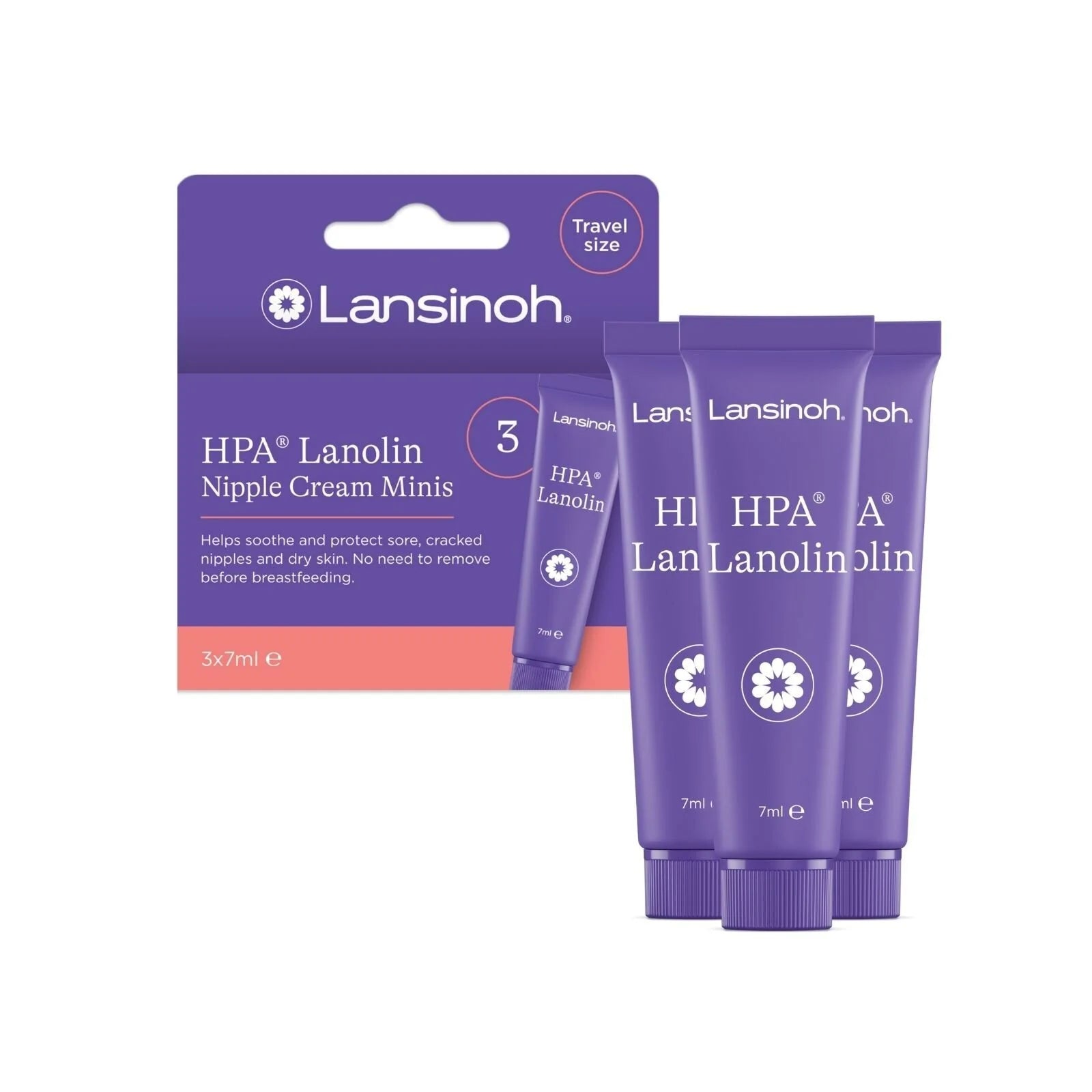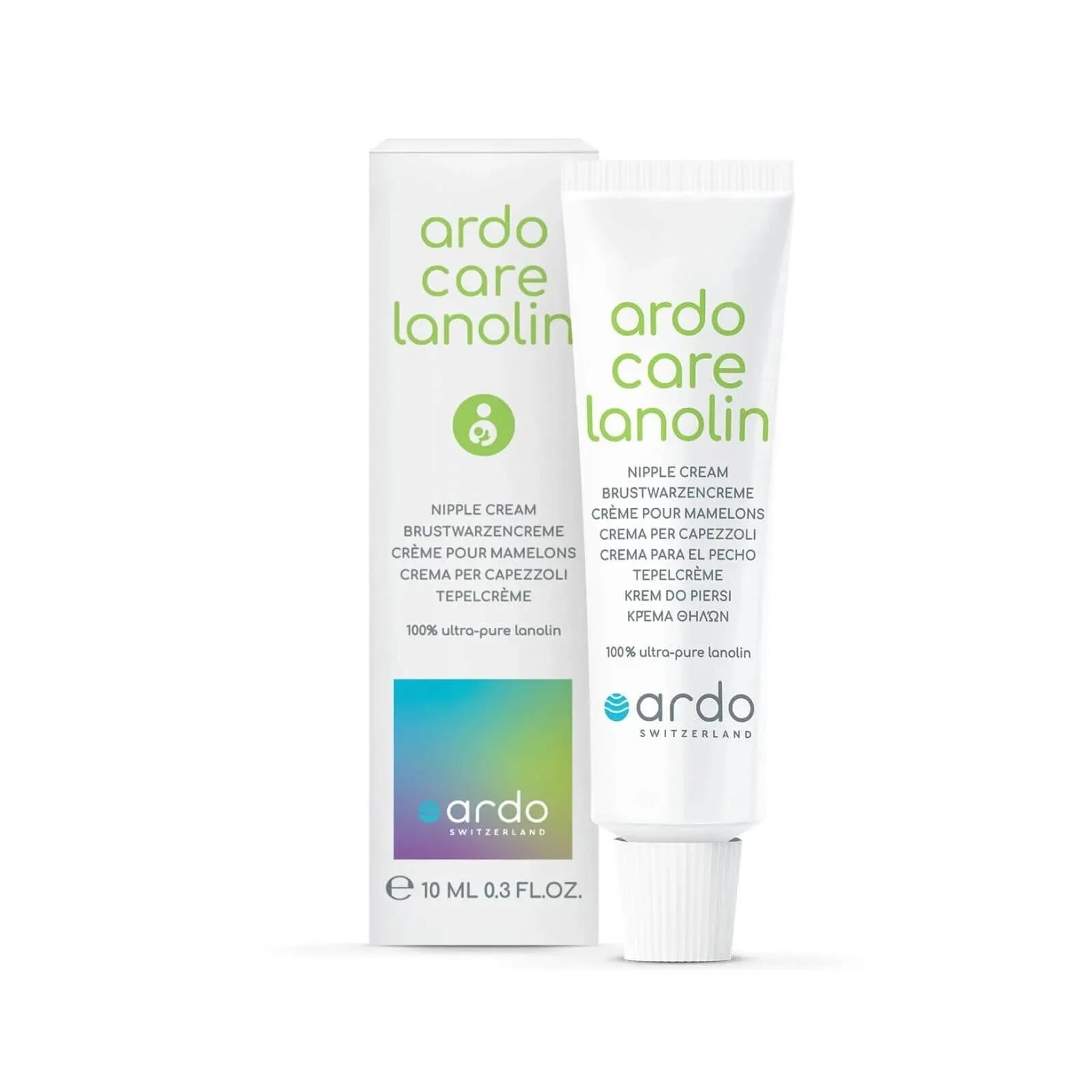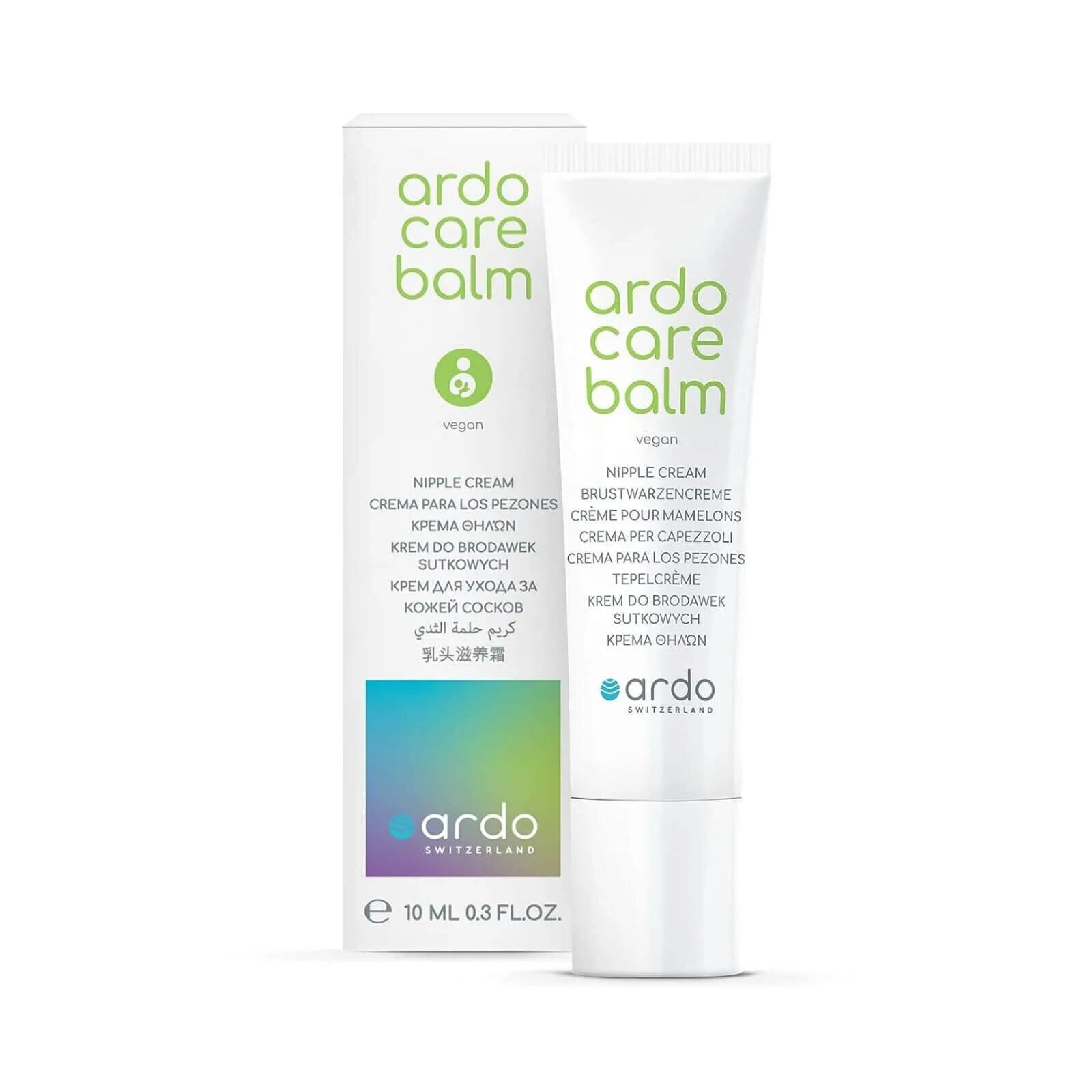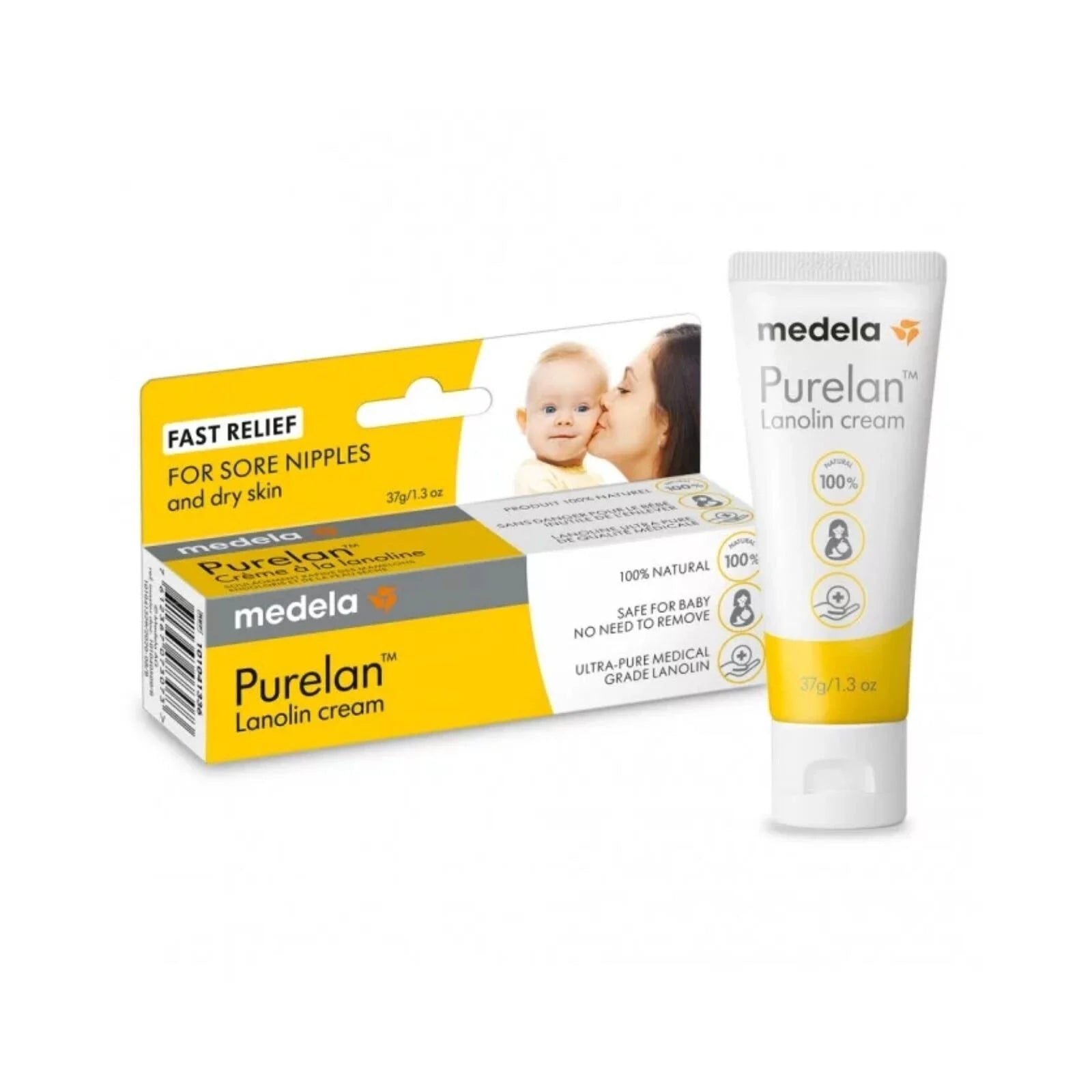Nipple Creams in ebebek
Breastfeeding is a beautiful and natural way for women to nurture and bond with their children. However, it is not uncommon for women to experience challenges when breastfeeding. Mothers may encourage a joyful and healthy nursing experience by identifying these issues and applying preventative actions.
Here are some of the most common problems and what you can do to protect against them:
Nipple Soreness and Cracking: The Role of Nipple Cream
One of the most common problems that women face when breastfeeding is nipple discomfort and cracking. Lansinoh Nipple Cream, which is popular among nursing moms, includes lanolin, a natural ingredient that helps nourish and mend damaged skin, which makes it the best nipple cream.
Engorgement and Mastitis: Effective Prevention Measures
Engorgement, which happens when the breasts grow too full and bloated, and mastitis, an infection of the breast tissue, are two typical concerns that mothers who are breastfeeding can experience.
Mastitis causes pain, swelling, and heat in the breasts. Lividity, on the other hand, can make breastfeeding uncomfortable and cause problems with latching. To avoid these problems, it's important to develop steady nursing habits and a strong latch. Engorgement might be easier to deal with if you pump and nurse often. Warm compresses before nursing and cold compresses after are also helpful.
Mastitis can also be avoided by following easy hygiene rules, like washing hands before eating and making sure there is enough drainage in the breasts. If the signs of mastitis don't go away or get worse, you need to see a doctor right away.
Low Milk Supply: Strategies for Enhancing Milk Production
A few nursing women might be worried about their milk output. Many factors can lead to it, including a poor latch, inadequate breast stimulation, or another medical condition. Starting a strong nursing habit from the beginning will help to prevent declining milk supply.
Ensuring that breastfeeding or pumping sessions are regular and successful will help promote the production of milk. Deep breathing and skin-to-skin contact with the baby, for example, can also help with milk letdown. A well-balanced diet, appropriate hydration, and relaxation are essential for sustaining milk production. Herbal medicines like fenugreek and blessed thistle may also increase milk production. However, before adding any supplements, you should contact a healthcare practitioner or your doctor.
Blocked Milk Ducts: Preventative Measures and Relief
Blocked milk ducts occur when milk flow is impeded, resulting in a painful lump or irritated region in the breast. To avoid clogged ducts, ensure regular milk evacuation by breastfeeding or pumping often.
During feeding sessions, apply light pressure or massage the afflicted region to assist in relieving the obstruction. Heat treatment, such as warm showers or warm compresses, can also help relieve discomfort. Wearing loose-fitting clothes and avoiding constricting bras can help improve milk flow. If a clogged duct does not dissolve or causes mastitis symptoms, it is critical to seek medical attention.
While breastfeeding has major benefits for both mother and child, mothers may face challenges along the road. Mothers can protect themselves from these complications by learning the main problems seen during breastfeeding and taking precautionary actions.
Lansinoh Nipple Cream or Lanolin nipple cream, for example, is essential in avoiding nipple discomfort and cracking. Furthermore, adopting a correct breastfeeding schedule, keeping excellent cleanliness practices, and applying milk production-boosting methods will assist in preventing engorgement, mastitis, and low milk supply, also breastfeeding nipple cream is totally healthy for the mother and the baby.
Finally, for a happy breastfeeding experience, it is essential to practise ways to prevent clogged milk ducts and to get appropriate medical guidance when necessary. With the correct information and support, women can overcome these challenges and enjoy an inspirational and successful breastfeeding experience with their children.









